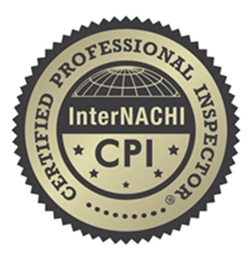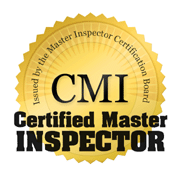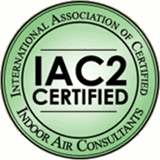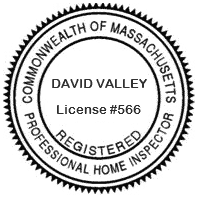Massachusetts Home Inspections YOUR INVESTMENT IS MY CONCERN
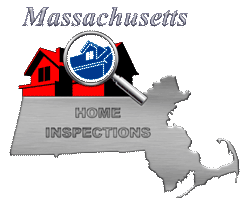
Plumbing Systems
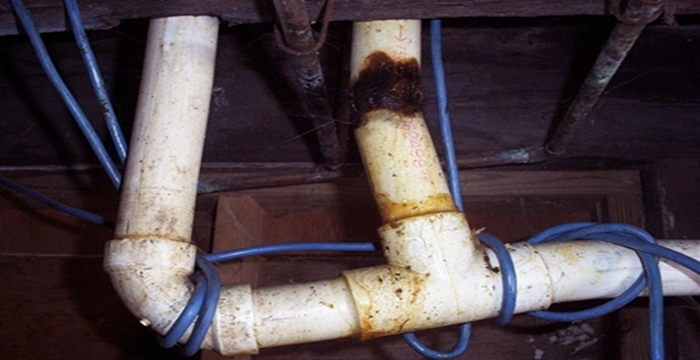
Massachusetts Home Inspections assesses all plumbing systems and their components in compliance with state or industry standards, which includes testing for proper pressure and functional flow. While all plumbing systems share common components, they are never identical. In addition to fixtures, typical components include gas pipes, potable water pipes, waste and vent pipes, shut-off valves, pressure regulators, and pressure relief valves. Please note that I do not test or dismantle these components during your home inspection."
GAS PIPING
During your home inspection, gas piping is thoroughly examined for safety and functionality. This inspection includes a visual check of the gas lines and connections to ensure they are properly installed and free of obvious defects or leaks. If I do detect a gas odor during your home inspection, I will use my gas detector to pinpoint the exact location of the potential leak or concerning gas connection. While I do not test or dismantle gas pipes, we carefully inspect accessible areas for any visible issues, such as corrosion, damage, or improper installation. It’s important to note that a complete safety check of all gas-using appliances should be performed by a qualified professional, typically through your local gas utility, to ensure everything is working safely. This step is highly recommended before closing escrow. For your peace of mind, any significant concerns regarding the gas piping system, including leaks or potential hazards, will be documented and included in your home inspection report on page 15 #9.
SUPPLY PIPING
During your home inspection, the water supply pipes are thoroughly inspected to ensure they are in good condition and free from any visible defects. The inspection includes checking for signs of corrosion, leaks, and wear, particularly in older systems. While we do not test the water flow or pressure directly, we observe the pipes' accessibility and overall state to identify any potential issues.
TYPES OF WATER SUPPLY PIPING
✔ Copper Pipes: These are considered the best and most reliable for water supply systems. Copper pipes resist corrosion and mineral buildup, ensuring smooth water flow and long-term durability.
✔ Galvanized Pipes: Older homes may still have galvanized pipes, which can accumulate mineral deposits over time, gradually narrowing the pipe's diameter and restricting water flow. If this occurs, the only solution is to replace the affected sections of piping. If you have older galvanized pipes or notice any signs of restricted water flow, it may be time to consider upgrading your system to ensure consistent water pressure and prevent future issues.
✔ PVC and PEX Pipes: These are commonly used in modern plumbing systems and offer a cost-effective alternative. They are resistant to corrosion but may not be as durable as copper in the long run.
WHICH IS BEST? Copper piping is widely regarded as the best choice for water supply systems due to its longevity, resistance to corrosion, and minimal mineral buildup. However, each type of piping has its own benefits and considerations, and the best option for your home will depend on factors like the age of the house and the specific needs of your plumbing system.
WASTE PIPING
I evaluate all waste pipes by flushing each drain with an active fixture, observing the water flow, and listening for any signs of blockages or slow drainage, such as gurgling. While this provides an indication of the system’s condition, it is not a conclusive test. A video scan of the main waste line would be needed to fully assess its current state.
Blockages are common and typically correlate with the age of the system. They can range from minor clogs in branch lines or traps beneath sinks, tubs, and showers, to more significant blockages in the main waste line. Minor clogs are usually easy to clear by a licensed Massachusetts plumber using methods such as chemical treatments, a snake tool, or by cleaning the traps. However, if tree roots invade the main waste line that connects the house to the public sewer, repairs can become costly and may require excavating and replacing the entire main line.
For these reasons, I recommend asking the sellers if they have ever experienced any drainage issues, or you may consider having the main waste line video-scanned before the close of escrow. If this is not done, you should obtain an insurance policy that covers blockages and damage to the main waste line. However, keep in mind that most policies typically cover only plumbing repairs within the house or the cost of a rooter service, which are usually relatively affordable. Please note that I do not attempt to locate all drainage clean-out caps during the inspection.
CORROSION
Corrosion buildup is commonly found on pipes and valves under sink cabinets, around toilets, and near the water heater. While corrosion is a typical issue, it can sometimes signal underlying problems such as leaks, static electricity on metal pipes, connections between dissimilar metals, or the presence of nearby chemical storage, particularly in sink cabinets. Other causes are also possible.
Corrosion in visible areas might not be specifically noted in your home inspection report, as it is a frequent occurrence. However, significant corrosion buildup could be hiding an active leak, which, though typically minor, can worsen over time. Keep in mind that neglecting a small leak can eventually lead to a major leak, resulting in substantial water damage and the potential growth of mold or mildew. For more information, see my webpage on Mold or Mildew buildup.
Light corrosion observed during the home inspection could be the early stages of a developing issue, and by the time escrow closes, it may have progressed into a more significant buildup. Any pipes showing signs of corrosion should be properly cleaned and inspected by a licensed plumber. It’s a good idea to check the pipes and valves under sink cabinets before storing items there. Regular monitoring and maintenance by homeowners is simple to carry out and can help prevent future problems.
SHOWER PANS
During your home inspection, the shower pan is thoroughly evaluated to ensure it is in good condition and functioning properly. The shower pan plays a critical role in the shower system, preventing water from leaking into the underlying structure and causing potential damage.
I will visually inspect the shower pan for any visible signs of cracks, wear, or improper installation. While I do not conduct a full waterproof test or dismantle the shower pan, I will check for signs of water damage or leaks around the pan area, including the walls and floor. However, it's important to note that leaks may not always be visible unless the shower is in use. Determining whether shower pans and tub/shower surrounds are fully watertight is beyond the scope of my home inspection.
Even minor cracks or imperfections in the shower pan can eventually lead to water leaks, resulting in water damage, mold growth, and costly repairs if left unaddressed. If any issues are suspected, I recommend consulting a licensed plumber or specialist for a more thorough inspection. Additionally, maintaining all grouting and silicone in the bath areas is essential to prevent leaks. Regular homeowner monitoring and maintenance can help prevent future issues.
CLICK 'GOOGLE PHOTOS' TO VIEW MY FUNNY PLUMBING IMAGES
Here is what my clients have to say about my home inspection services:
Press F5 (on your keyboard) for additional testimonials
Hi Dave,
I just wanted to write a quick thank you for your work inspecting 43 1/2 Bartholomew Street in Peabody yesterday. As a buyer in the process of trying to purchase my first home, it's been difficult to know who to trust. I honestly cannot believe some of the stuff I've run into, so I had to write & let you know that I found you professional, competent, & all around above par. In all of the people I've had to deal with up to this point, you were one of the few that actually took the time to explain things in a way that an inexperienced first time home buyer would understand. I never once felt rushed or talked down to.
Based on your inspection, I've decided not to purchase the home at 43 1/2 Bartholomew Street. I will however, continue to look & will hopefully find a house more suited to my needs in the near future. When that happens I will be calling on your expertise once again. In the meantime, I will certainly recommend you to any of my family & friends that may need a home inspection.
Thanks again,
Lisa G.


